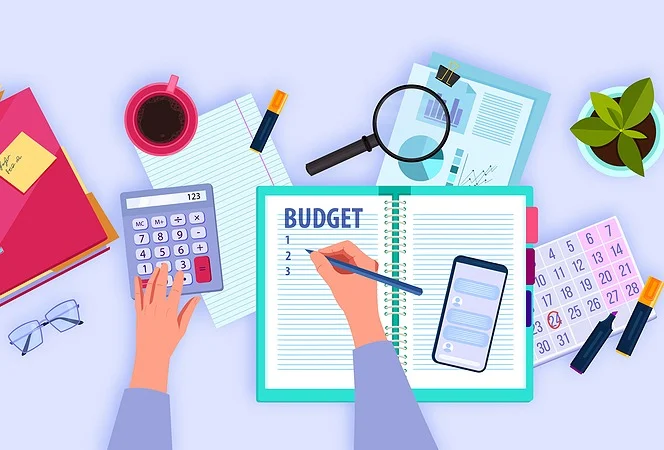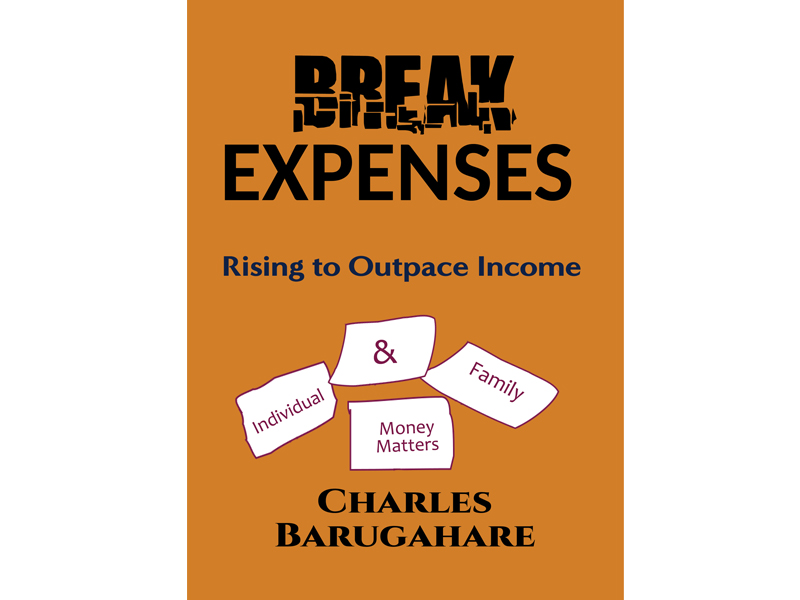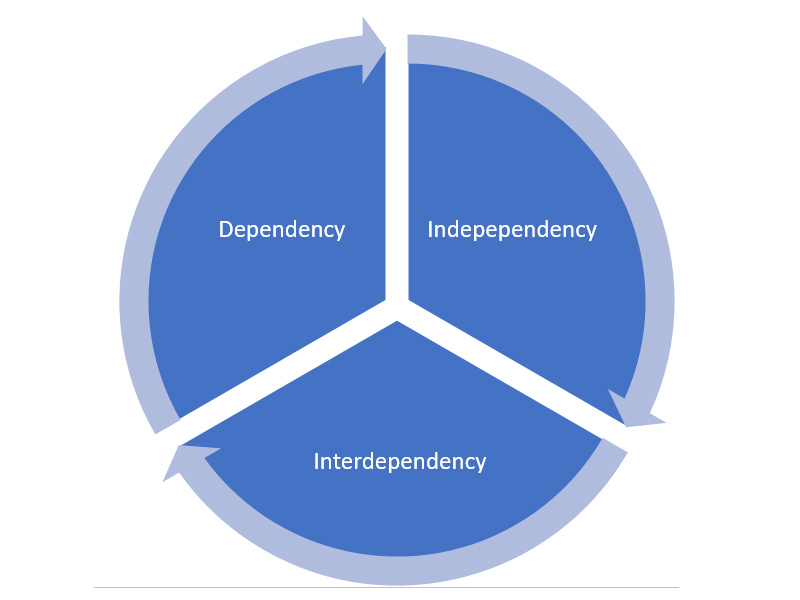Currently Empty: UGX 0

 Admin
Admin- June 23, 2025
- Comment 0
A budget is a financial plan of how you earn, spend, invest and protect your money. A Rotarian at an evening shared with us that he used to run out of money before payday. He said it was a shame for he earned a reasonable pay. So, one evening towards the end of the month, he chose to write down all expenses he had so far incurred for that month. The record helped him to get some insights of where most of his money was going. He realized that to avoid running out of money before every payday, he needed to budget in order to tell his money where to go instead of wondering where it went.
The previous article —Build a Budget that Bends, not Breaks, laid a foundation into getting started with budgeting that takes us through a journey of understanding how planning for your money enhances your ability to get a full picture of your money. It gives you a good look at your priorities before you spend your money, in other words you are looking at how your money can serve you better. In the 5 part series, getting started with budgeting, will cover the following aspects:
Part 1. Budgeting explained, why it matters, and the common myths of budgeting.
Part 2. The first step to smart budgeting:your financial snapshot.
Part 3. Creating a budget that works for you:from goals to game plan.
Part 4. Which budgeting method fits you: tools to make it happen.
Part 5. Expense management strategies for everyday life: From chaos to clarity.
Let’s delve in Part 1. Budgeting explained, why it matters and the common myths of budgeting.
Table of Contents
ToggleBudgeting Explained
In budgeting, you are basically creating or developing a plan for your money. If you think of a budget like a map of your money, then, it will help you see where your are with your money, where you want to go and how you can get there. A budget will give you direction to your money, helps you decide the things you need and want, it will focus you to stay on track, guide you from wondering and meandering with your money.
Can you think of a budget as dividing your money into various buckets for things you want to spend your money on so that you don’t miss out on any priorities. You can start off with three buckets one having basic needs, the other having safety needs and the other wants. You can decide how much to put in each bucket, then at the end of the month, assess how you fair with each bucket. Elizabeth Warren provided guidance on these three buckets with basic needs allocated 50%, safety needs allocated 20%, and wants allocated 30%. You can adopt this bucket allocation mechanism or create your own bucket allocation method.
Why budgeting matters
Can you imagine leaving home without knowing where you are going. Every road can take you somewhere. The same applies to you, going to work, earn money without defining where it should go, it will end up going everywhere and you may end up wondering where it went. Here are four reasons why it is important to budget for your money.
- Helps you avoid spending more than you earn without noticing it.
Can you imagine, by 5th of the new month, you have already run out of money. When you budget, you recognize areas that matter most and if money is not enough for all of them, then you identify where to cut back before spending.
- Keeps you focused on your financial goals
Your financial goals give clarity of where your money should go. They help to define what your priorities are. If you want to keep healthy through exercise, then, sports wear become a priority in your budget, or if you want to buy a car, you decide how much you can save and invest to buy the car your want and when.
- Budgeting supports providing money for emergencies
Life has many unpredictable costs and expenses, providing some money in your budget for such costs should they occur is prudent. This can potentially minimize being ambushed and unnecessary borrowing for unplanned expenses.
- Budget helps to break paycheck-to-paycheck cycle
The budget allows for planning a head for how to attract, effectively use, invest and protect money. With clarity of your financial goals, and directing where your money should go, the ability to create some savings, investments, and emergency fund increases, allowing for financial growth and improvement.
Common myths of budgeting
In one of the financial coaching sessions, I asked participants, how many had personal budgets? The majority of the participants had no budgets. When I asked why they did not have budgets, these are some of their reasons;
- “I will start budgeting once I earn more. What is the point of budgeting when I have small money.”
- “ Budgeting is so complicated”
- “Budgeting is for people who are not disciplined with money.”
- “Once I make a budget, it will restrict me.”
- “When I budget, it means I won’t have fun with my money.”
- “A budget is rigid, it will make my life difficult.”
- “A budget is for people who are financially struggling.”
This is what people believed to be true about budgeting. Do you believe the same today. My interaction with several people confirms that a number of people are held back by these myths.
There is a case as to why we need demystify and deal with these myths. Here are some ways:
- Please re-frame budgeting as an empowerment not a limiting tool. Look at it as tool to support you to manage your money better.
- It’s a tool for everyone, not for people who earn more, who are struggling but for everyone who wants to improve his or her financial life.
- Budgeting can be simple, and easy as applying the 3 buckets method. It requires discipline and consistency.
- Look out for budgeting success stories. If you look for budgeting failures, you will find some as well to prove your point. But please be inspired in your budgeting journey with trans-formative real-life budgeting case stories.
- Get support of a financial coach to refocus your budgeting improvement journey
Conclusion
A budget is a financial plan for your money. Everyone needs to appreciate why it is important to budget, identify budgeting myths and how to demystify them. If you strongly believe that something needs to change about your financial life, then, getting started with budgeting is one of the options you have to consider. Watch out for Part 2 – the first step to smart budgeting: your financial snapshot. Further budgeting insights will be covered in the webinar on budgeting in fast changing economic times, on 25th June 2025 at 6.00PM with panelists: Lilian Katiso FCCA, CFO on Call, Charles Barugahare FCCA, Founder FinanceLIP, moderated by Dr. Robinson Isaac Ogwang.



